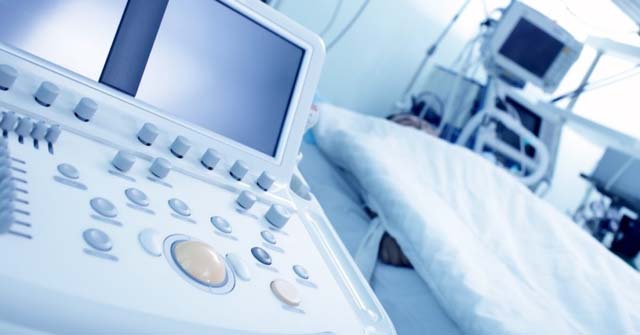Summary Hyperinsulinemia and inflammation are interrelated pathways that link diet to the risk of several chronic diseases. Evidence suggests that these pathways may also increase the risk of prostate cancer. Aim To determine if the hyperinsulinemic diet and the inflammatory diet are associated with the incidence and mortality of prostate cancer. Design, setting and participants We prospectively followed 41,209 men in the Health Professionals Follow-up Study (1986-2014). Scores for two validated dietary patterns were calculated from food frequency questionnaires at baseline and updated every 4 years. Outcome measurements and statistical analysis Outcomes for total, advanced, and lethal prostate cancer were evaluated. Multivariate-adjusted hazard ratios (HRs) and 95% confidence intervals (CIs) were determined for the associations between two hypothesis-driven empirical dietary patterns: empirical dietary index for hyperinsulinemia and empirical dietary inflammatory pattern, and cancer risk. estimated prostate using Cox proportional hazard regression. Results and limitations During 28 years of follow-up, 5929 incident cases of total prostate cancer were documented, including 1019 advanced and 667 fatal. In multivariable-adjusted models, there was a 7% increased risk of advanced prostate cancer (HR: 1.07; 95% CI: 1.01-1.15) and a 9% increased risk of fatal prostate cancer (HR : 1.09; 95% CI: 1.00 –1.18) due to an increase in the standard deviation (SD) in the hyperinsulinemic diet. When stratified by age, the hyperinsulinemic diet was associated only with earlier-onset aggressive prostate cancer (men younger than 65 years), with HR per SD of 1.20 (95% CI: 1.06-1.35 ) for advanced, 1.22 (1.04–1.42) for fatal and 1.20 (1.04–1.38) for lethal. The inflammatory diet was not associated with prostate cancer risk in the overall study population, but was associated with earlier-onset lethal prostate cancer (HR increase per SD: 1.16, 95% CI: 1 .00–1.35). Conclusions Hyperinsulinemia and inflammation may be possible mechanisms linking dietary patterns to the risk of aggressive prostate cancer, particularly earlier-onset disease. |
Hyperinsulinemia and inflammation are interrelated pathways that link diet to the risk of several chronic diseases . Evidence suggests that these pathways may also increase the risk of prostate cancer.
To determine whether the hyperinsulinemic diet and the inflammatory diet are associated with prostate cancer incidence and mortality we prospectively followed 41,209 men in the Health Professionals Follow-up Study (1986-2014).
Scores for two validated dietary patterns were calculated from food frequency questionnaires at baseline and updated every 4 years. Total, advanced, and lethal outcomes of prostate cancer were evaluated.
Multivariate-adjusted hazard ratios (HRs) and 95% confidence intervals (CIs) were determined for associations between two hypothesis-driven empirical dietary patterns (empirical dietary index for hyperinsulinemia and empirical dietary inflammatory pattern) and breast cancer risk. prostate cancer estimated by Cox proportional hazard regression during 28 years of follow-up , 5929 incident cases of total prostate cancer were documented, including 1019 advanced and 667 fatal.
In multivariable-adjusted models, there was a 7% increased risk of advanced prostate cancer (HR: 1.07, 95% CI: 1.01-1.15) and a 9% increased risk of fatal prostate cancer ( HR: 1.09, 95% CI: 1.00) -1.18) per standard deviation (SD) increase in the hyperinsulinemic diet.
When stratified by age, the hyperinsulinemic diet was associated only with earlier-onset aggressive prostate cancer (men younger than 65 years), with HR per SD of 1.20 (95% CI: 1.06-1.35 ) for advanced, 1.22 (1.04-1.42) for fatal and 1.20 (1.04-1.38) for lethal.
The inflammatory diet was not associated with prostate cancer risk in the overall study population, but was associated with earlier-onset lethal prostate cancer (HR increase per SD: 1.16, 95% CI: 1.00-1.35).
Summary Linking dietary patterns to the risk of aggressive prostate cancer, particularly earlier-onset disease, allows advice to avoid inflammatory and hyperinsulinemic dietary patterns may be beneficial for the prevention of clinically relevant prostate cancer, especially among older men. youths. |
















